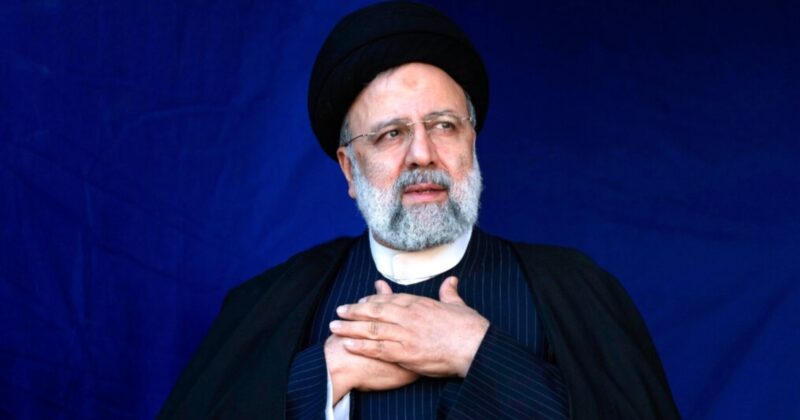Iranian President Ebrahim Raisi, as well as the country’s foreign minister, and others, were discovered dead at the scene of a helicopter crash Monday, according to official media. Raisi was 63.
According to state television, there was no immediate cause for the crash in Iran’s East Azerbaijan province.
Iranian Foreign Minister Hossein Amirabdollahian, 60, was among those killed.
Raisi was accompanied by Iran’s Foreign Minister Hossein Amirabdollahian, the governor of Iran’s East Azerbaijan region, as well as other officials and bodyguards, according to state-run IRNA news agency.
Iran state television released footage of the deadly helicopter crash.
On Sunday morning, Iranian state television reported that the helicopter carrying Iranian president President Ebrahim Raisi had crash-landed.
There was no ready explanation for what happened to the helicopter. Semiofficial news agencies provided several explanations for what was happening.
Raisi had visited Azerbaijan early Sunday to celebrate the opening of a dam with the nation’s President Ilham Aliyev. The dam is the third that the two countries have built on the Aras River.
According to Iranian state media, the event occurred at Jolfa, a border city located approximately 375 miles northwest of Tehran.
Iran deploys a variety of helicopters, but international sanctions have made it difficult to obtain spare parts. Its military air fleet predates the 1979 Islamic Revolution.
Raisi, 63, is a hardliner who formerly headed the nation’s high court is regarded as a protégé of Iran’s Supreme Leader Ayatollah Ali Khamenei, and some analysts believe he might succeed the 85-year-old leader upon his death or retirement from the position.
He has been in the presidency since 2021, when he won the country’s last election with the lowest voter turnout in the Islamic Republic’s history. He is currently under US sanctions for his role in the mass execution of thousands of political detainees in 1988.
Iran is currently enriching uranium to virtually weapons-grade levels under Raisi’s leadership, and obstructing international inspections. Raisi stated last month that his hands were “on the trigger” if Israel targeted any of its nuclear installations, adding to the growing tensions.

